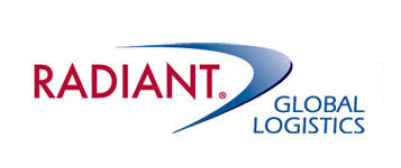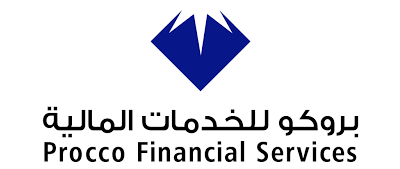Need Help? We are right here!
Search Results:
×Multi-factor authentication (MFA) for Windows logon and Remote Desktop Protocol (RDP) enhances security by requiring multiple forms of verification for access. This reduces reliance on passwords alone and improves protection. Users must confirm their identity using a combination of a password or PIN, a physical device like a smartphone or hardware token, and biometrics such as fingerprints or facial recognition.
The miniOrange Windows MFA solution secures access to machines and servers, providing MFA for both RDP and Windows logins (domain and local). Integrating with Microsoft Active Directory or LDAP Directory streamlines authentication and access control, making unauthorized access significantly more challenging.
Synchronizes with Active Directory/LDAP for user identity management and enables secure login with various MFA options, with real-time sync of MFA preferences across workstations.
Enforce MFA for RDP sessions or access through RD Web or RD Gateway, and VDI systems (Citrix, Microsoft RDS, VMware Horizon) while ensuring compatibility with various Windows versions (7, 8, 10, 11), supporting both remote desktop and local logins.
Admins can define flexible MFA policies based on user roles, groups, or specific applications, enabling configurable MFA enforcement for different user types, such as prompting MFA for administrators while bypassing it for standard users.
Includes risk-based authentication (based on user behavior, location, or device risk), account lockout policies, and detailed audit logs and reporting for improved security and compliance.
Implement single MFA for non-domain joined machines (e.g., a network managed by an organization) with generic usernames, and support cross-domain logins for accounts on any trusted domain (AD or Azure AD) or local Windows accounts.
Enforce MFA even if the device is disconnected from the internet. Use soft tokens, authenticator apps, and backup codes when the machine is offline.
Ensure consistent and up-to-date information with automatic synchronization of user identities from your existing Microsoft Active Directory or LDAP Directory.
Manage user credentials and access rights centrally within AD or LDAP, eliminating the need for duplicate management efforts and reducing administrative overhead.
Facilitate a smooth transition to MFA by allowing users to log in with their existing AD or LDAP credentials, enhancing user adoption.
Deploy the Windows MFA solution effortlessly across all servers and workstations using group policies, ensuring comprehensive coverage and minimal disruption.

Administrators can easily configure MFA prompts to suit their specific needs, ensuring both security and convenience:
*Please contact us to get volume discounts for higher user tiers.
miniOrange MFA module can be installed on all Linux server operating systems to enable Multi-factor authentication (MFA) on SSH connection to the servers.
Enable Multi-Factor Authentication (MFA) directly for login on MacOS operating systems without the need for Jamf Connect or JAMF Pro.







"miniOrange provided DBS with a solution to restrict access to Fortigate VPN with Multi-Factor Authentication (MFA) as the organization wanted the entire setup to be protected from internet exposure,..."
Implement MFA for all RDP logins originated outside the corporate network, including those through RD Gateway.
Enable MFA for VPN connections, like Fortinet, Cisco, SonicWall, Palo Alto, etc that support RADIUS Challenge.
Prevent unauthorized access to OWA, RD, SharePoint, or a Web connection with Multi-Factor Authentication.
Enable SSO/MFA for all Office 365, Exchange, and other SAAS applications via standardized protocols like SAML, OAuth, JWT, etc
Enable Multi-Factor Authentication on TACACS/TACACS+ logins and all your network devices like routers & Switches.
With the MFA solution, secure access to your legacy apps like Oracle EBS, SAP, QlikView, PeopleSoft, Siebel CRM, etc.
To bolster the security of Windows machines in your organization, consider implementing miniOrange's Windows Logon MFA solution for local and remote logins. Furthermore, miniOrange provides additional MFA features, such as:
1. Machine-based MFA
2. MFA for Windows User Access Control (UAC)
3. Offline MFA To gain a comprehensive understanding of the capabilities offered by miniOrange's MFA solution.
miniOrange supports the following Windows operating systems for MFA authentication:
Servers:
1. Windows Server 2022
2. Windows Server 2019
3. Windows Server 2016
4. Windows Server 2012 R2
5. Windows Server 2012
6. Windows Server 2008 R2
7. Windows Server 2008
Clients:
1. Windows 11
2. Windows 10
3. Windows 8.1
4. Windows 8
5. Windows 7
6. Windows Vista

Our Other Identity & Access Management Products